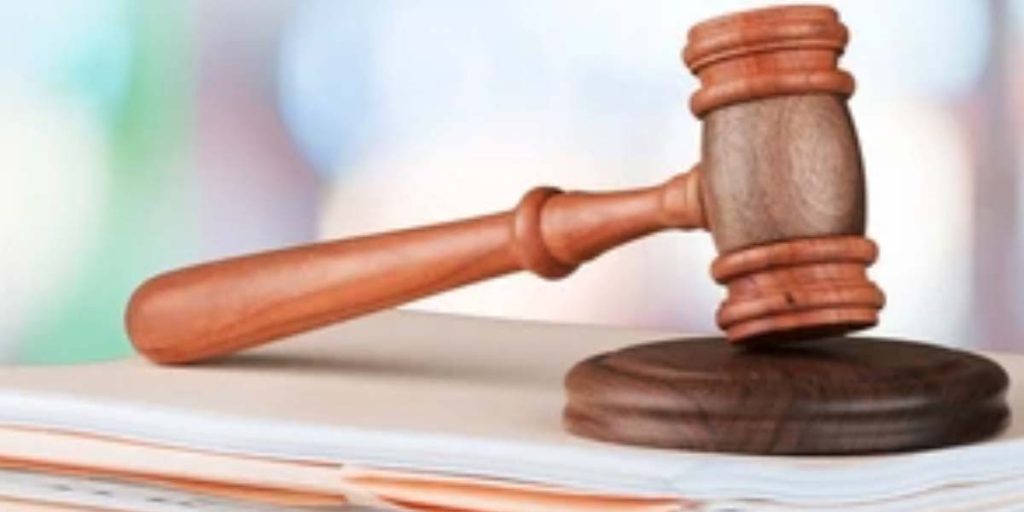Understanding the Role of an Estate Executor
When a family member or friend passes away, their estate may require probate to distribute assets to beneficiaries. The executor, also known as a personal representative, plays a vital role in managing the decedent’s affairs and fulfilling their wishes as outlined in the will. In this article, Morgan Legal Group PLLP, a trusted law firm in New York City, offers a detailed overview of the responsibilities, qualifications, and steps involved in becoming an executor of an estate in New York.
Defining the Executor’s Role
An executor is an individual appointed to oversee the administration of a deceased person’s estate. Their main duties include:
1. Initiating Probate Proceedings
The executor starts the probate process by petitioning the Surrogate’s Court.
2. Asset Identification and Valuation
Locating and assessing the value of the decedent’s assets, such as real estate, financial accounts, and personal property.
3. Debt Settlement and Tax Payments
Paying off debts and taxes owed by the estate using the assets available.
4. Asset Distribution
Distributing the remaining assets to beneficiaries according to the will or intestate laws.
Qualifications for Executors in New York
To serve as an executor in New York, individuals must meet specific criteria:
1. Age Requirement
Executors must be at least 18 years old.
2. Mental and Legal Competency
They should possess the mental and legal capacity to handle financial and legal matters.
3. No Felony Convictions
Individuals with felony convictions are typically ineligible to serve as executors.
4. Relationship to the Decedent
While there are no strict requirements regarding the executor’s relationship to the deceased, it is common for family members or close associates to take on this role.
Steps to Assume the Role of Executor
Being named as an executor of an estate is a testament to your trustworthiness and reliability. However, with this honor comes the duty to carry out the deceased’s wishes with diligence and integrity. Below are the fundamental steps to effectively assume the role of executor, tailored to comply with New York State law.
Understand Your Duties
First and foremost, familiarize yourself with the responsibilities of an executor. These include but are not limited to, probating the will, gathering and appraising the estate’s assets, paying debts and taxes, and distributing assets to the beneficiaries as specified in the will.
Locate the Will and Important Documents
Locate the deceased’s last will and testament and other critical documents, such as life insurance policies, property deeds, and financial statements. These documents will guide the estate’s administration and help you understand the deceased’s wishes.
File the Will with the Local Surrogate’s Court
In New York, you must file the will with the Surrogate’s Court in the county where the deceased lived. This step initiates the probate process, a court-supervised procedure to validate the will and authorize you to act as the executor.
Notify Beneficiaries and Creditors
As an executor, you must notify all beneficiaries named in the will and any creditors of the deceased. New York law specifies the timeframe and manner in which these notifications should be made.
Inventory and Appraise the Estate’s Assets
Make a comprehensive inventory of the estate’s assets, including real estate, bank accounts, personal property, and investments. Appraising these assets is essential for distribution to beneficiaries and estate tax purposes.
Manage the Estate’s Finances
Open an estate account to manage the estate’s finances, including paying ongoing bills, settling debts, and keeping accurate records of all transactions. This account will also distribute assets to beneficiaries after all debts and taxes have been paid.
Pay Debts and Taxes
Settle any outstanding debts owed by the deceased and pay any applicable estate taxes. In New York, the executor is responsible for filing the necessary tax returns and ensuring that all tax obligations are met.
Distribute Assets to Beneficiaries
After paying all debts and taxes, distribute the remaining assets to the beneficiaries according to the will’s instructions. This may involve transferring titles, setting up trusts, or making direct financial distributions.
Close the Estate
Once all duties have been fulfilled, prepare a final account of the estate’s administration for the Surrogate’s Court and the beneficiaries. Upon approval, you can officially close the estate, having faithfully executed your responsibilities as executor.
Conclusion
Assuming the role of an executor is a significant undertaking that requires careful attention to legal requirements and the deceased’s wishes. While this guide provides an overview of the steps involved, seeking the guidance of a legal professional, especially in navigating New York’s estate laws, can be invaluable in fulfilling your duties effectively and efficiently.




